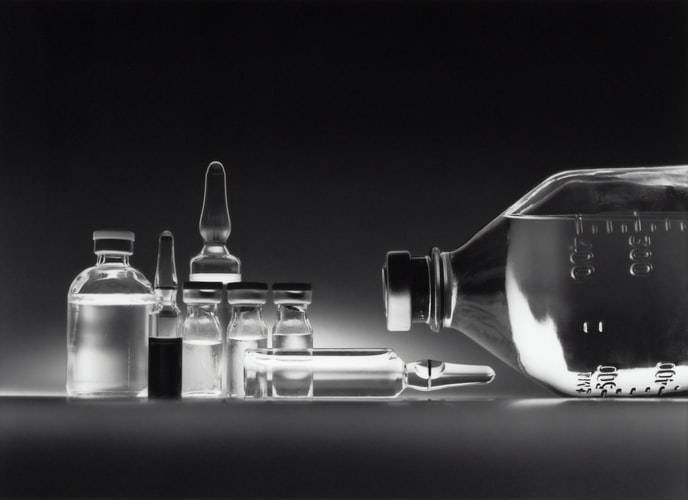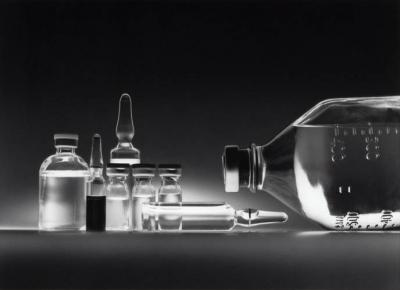A new hope has emerged for individuals suffering from a genetic mutation that increases the likelihood of developing cancer, with the development of a new drug that kills cancer cells while leaving healthy ones intact, according to the Daily Mail. Many people worldwide carry a mutation in the DNA repair protein (BRCA1 or BRCA2), which puts them at a higher risk for breast, ovarian, prostate, and pancreatic cancers.
This mutation has been referred to as the "Jolie Gene," named after American actress Angelina Jolie, who underwent a preventive mastectomy after discovering she had the BRCA1 mutation. Scientists have now discovered a class of drugs that can destroy this type of cancer, and clinical trials are set to be tested on patients by the end of this year.
There is an urgent need for these drugs because individuals with cancer caused by the BRCA mutation are currently treated with medications known as PARP inhibitors, which are routinely available only for those with ovarian cancer and are not suitable for everyone. When PARP inhibitors fail in individuals whose cancer has spread, the new drugs may provide a treatment option.
These new drugs, called POLQ inhibitors, prevent cancer cells from repairing themselves while having no negative impact on healthy cells. Researchers found that they destroy cancer cells taken from patients with breast, ovarian, prostate, and pancreatic cancers during laboratory trials. The next step is to demonstrate that they work within the body when taken in tablet form.
Chris Lord, a professor of cancer genomic science at the Institute of Cancer Research in London, who co-led the study on these new drugs, stated, "A large number of patients are given PARP inhibitors like Olaparib for ovarian cancer. After a while, this drug stops working." He added, "The drugs we have identified can provide a much-needed new approach to treating individuals with hereditary cancers, including those for whom PARP inhibitors have failed."
Cancer associated with BRCA genes runs in families, as Angelina Jolie's mother passed away from ovarian cancer at the age of 56. Individuals with faulty copies of the BRCA genes are more susceptible to cancer because they cannot repair damaged DNA in their cells. This means they can develop abnormal cells that grow rapidly into tumors.
However, the downside of BRCA mutations is that they prevent both cancerous and healthy cells from repairing themselves. Fortunately, POLQ inhibitors do the same, preventing cancerous cells from repairing themselves until they die. Healthy cells, which still carry a normal copy of the BRCA gene, can repair their damage naturally, thus surviving. This avoids a significant pitfall of chemotherapy, which kills both cancerous and healthy cells, causing side effects such as illness and hair loss.




